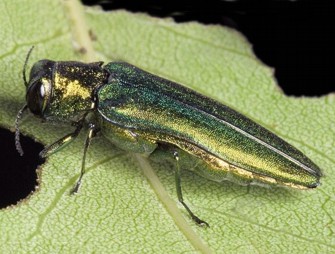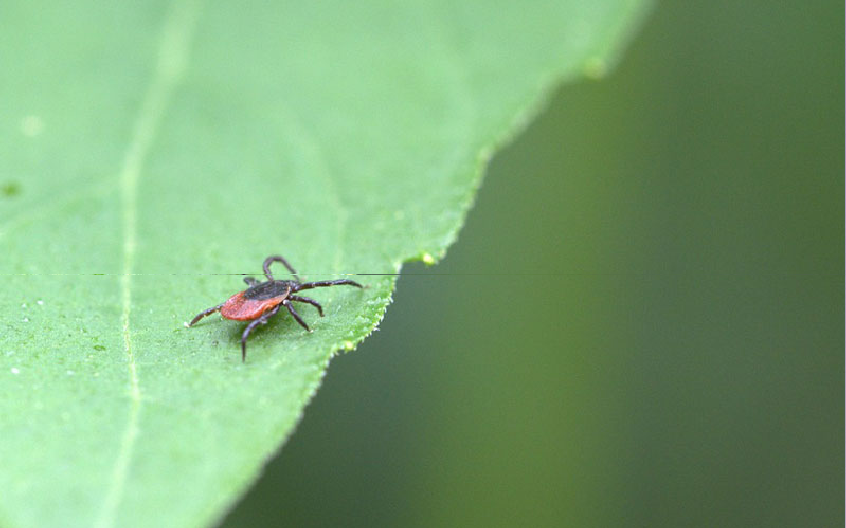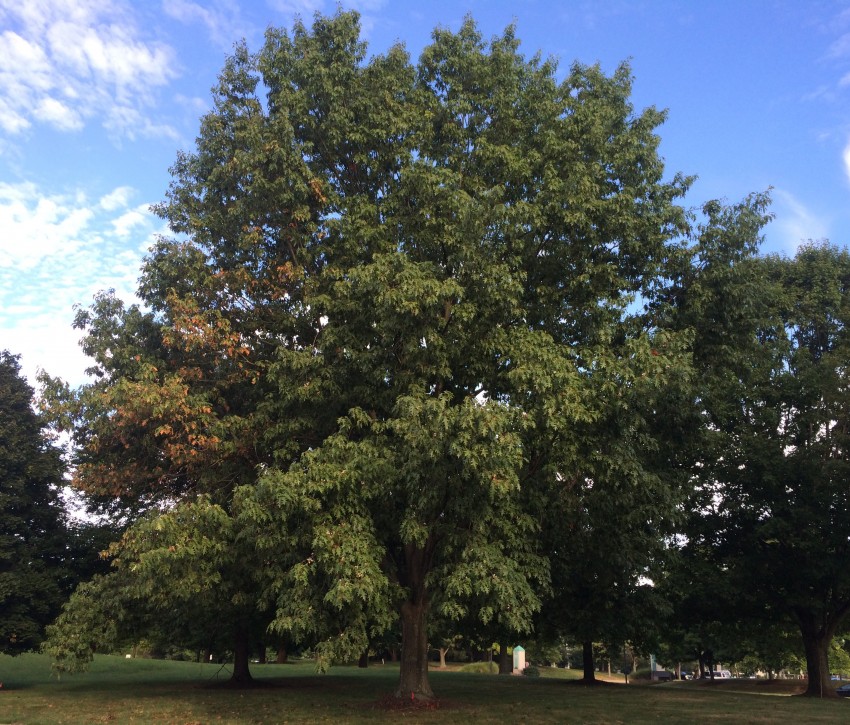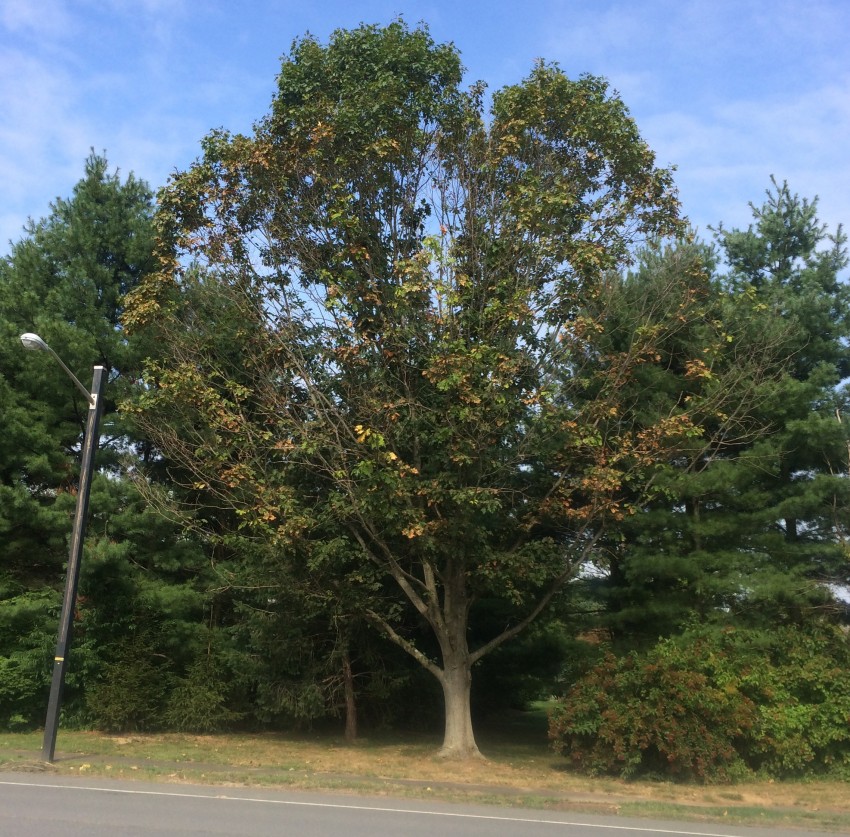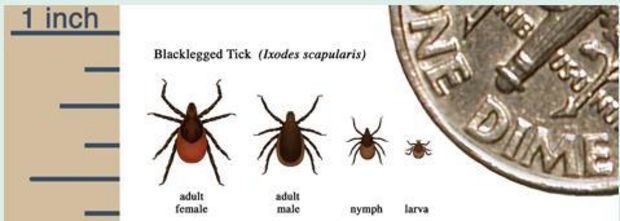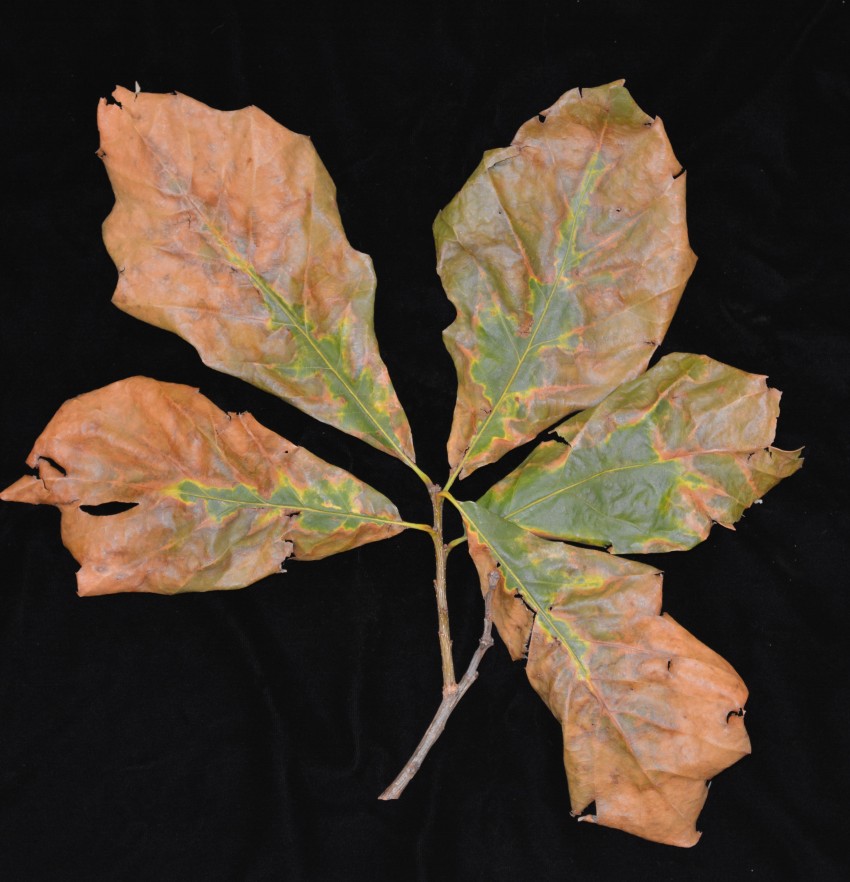A major pest has found its way to New Jersey, in fact it is the most destructive insect pest ever in the United States. It is called Emerald Ash Borer (EAB) and it has killed tens of millions of Ash trees. It is indigenous to Asia and attacks all native Ash species in the U.S. In late May, the pest was officially recognized in Bridgewater, NJ and is anticipated to rapidly spread throughout the state. Emerald Ash Borer are beginning to make their way east from Michigan, where they have had catastrophic devastation of the Ash Tree population. If you have Ash trees on your property, please be aware that they will be in danger when this pest invades New Jersey. There have been infestations in the lower Hudson Valley of New York and some in Central Pennsylvania.

The larvae feed between the bark and wood, creating S-shaped channels that cut off the tree’s ability to draw up water and nutrients. These channels can only be seen if the bark is peeling away. However, when the larvae turn into Emerald Ash Borer, they exit the bark and leave a “D” shaped hole. The 1/2 inch, metallic green, adult emerges in May – June after the female lays about 80 eggs. Once the tree is infested control is difficult.


Managing this pest is best done before it attacks an Ash tree. University studies recommend control strategies when the pest is 15 miles away. And since it is difficult to determine this, proper action is needed preemptively.
Trees that are already infested show signs of canopy decline, and those who have lost 50% or more of the canopy most likely are untreatable. The current prescribed method of treatment is a systemic soil injection that will uptake an insecticide to the effected layer. Those Ash Trees that have not been effected could greatly benefit from Deep Root Fertilization.
Tree-Tech has the ability to manage this pest with progressive and dynamic protocols. If you have Ash trees or are not sure and would like an inspection, our arborists can help you, and can help reduce the impact of this pest.
Please call to schedule a free consultation with one of our Arborists if you have Ash trees that need an evaluation.

